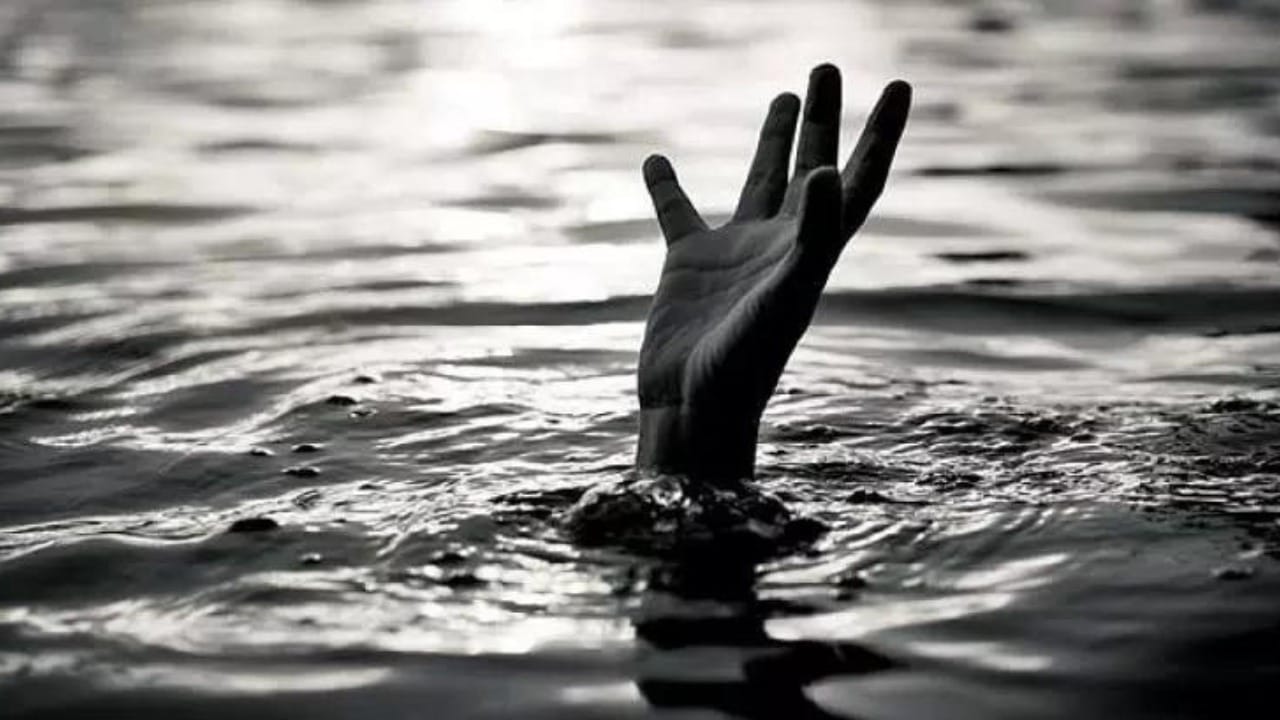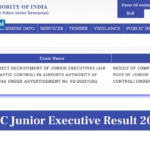A casual beach outing turned into a heartbreaking tragedy when a 20-year-old youth drowned off Juhu’s Silver Beach on Thursday evening. The victim’s body was recovered 14 hours later by rescue authorities, while his friend, who was also swept away by the rough tide, was miraculously saved by an alert lifeguard.
This incident has once again brought to light the dangers lurking beneath seemingly calm waters and raised questions about beach safety, signboards, and the need for stricter regulations during monsoon season in Mumbai.
The Incident: A Normal Day Turns Tragic
According to local authorities and eyewitnesses, the victim — identified as a college student from suburban Andheri — had visited Juhu’s Silver Beach with a friend on the evening of August 1. Despite clear warnings and red flags indicating dangerous sea conditions, the duo ventured into the waters.
High tides, combined with a strong undercurrent, quickly overpowered the two. Screams for help alerted nearby beachgoers and lifeguards stationed on the shore. While one of them managed to stay afloat long enough for rescue, the other disappeared beneath the waves within minutes.
The Mumbai Police were immediately informed, and a search-and-rescue operation began that lasted well into the night.
Body Recovered After 14 Hours
At around 7 AM the following morning, local fishermen spotted a body floating roughly 500 meters from the shore. Mumbai Fire Brigade officials and the beach’s rescue team retrieved the body, later confirmed to be the missing youth.
He was declared brought dead by Cooper Hospital authorities. A post-mortem revealed death due to accidental drowning. Police have ruled out any foul play and have recorded statements from the friend and eyewitnesses.
Lifeguard’s Timely Intervention Saves One Life
The quick action of a trained lifeguard on duty is being hailed as heroic. The friend, struggling to stay above water, had been pulled farther out by the tide. Risking his own safety, the lifeguard used a flotation buoy to reach him and bring him back to shore.
According to the Municipal Corporation of Greater Mumbai (MCGM), this rescue would have likely ended in a double tragedy if not for the lifeguard’s intervention.
Beach Safety: A Growing Concern
Juhu Beach, along with its adjacent Silver Beach stretch, is one of Mumbai’s most visited coastal spots. However, it is also notorious for its drowning incidents, especially during the monsoon.
According to data from the Mumbai Fire Brigade and the State Disaster Management Unit, over 30 incidents of drowning were reported from Juhu and Versova beaches in the last three monsoon seasons alone.
The main issues include:
- Ignoring red flag warnings
- Venturing too deep during high tide
- Lack of awareness about rip currents
- Insufficient beach patrols during peak hours
Warnings and Signboards Often Ignored
Despite prominent “No Swimming” and “Danger Zone” signs posted along Silver Beach, many beachgoers choose to ignore them. Locals say some visitors, especially youngsters, underestimate the force of the Arabian Sea, often egged on by peer pressure or excitement.
A senior official from the Brihanmumbai Municipal Corporation (BMC) commented,
“We issue red alerts and increase patrolling during monsoon. But the public’s safety also depends on their cooperation. Risking life for a selfie or swim during high tide is not worth it.”
Local Reactions and Grief
The victim’s family is devastated. His father told the media,
“He had gone just to relax after his college classes. We never thought we’d see him last when he left the house.”
Residents and beach vendors in the area echoed grief and frustration. Many demanded more lifeguards, increased surveillance with drones or CCTVs, and stricter penalties for those flouting safety norms.
Monsoon and the Arabian Sea: A Deadly Combination
The India Meteorological Department (IMD) had issued rough sea warnings for Mumbai and adjoining areas over the past week. With persistent rainfall, high tides and unstable undercurrents have made the shoreline even more unpredictable.
Authorities strongly advise:
- Avoiding beaches during high tide alerts
- Following instructions from lifeguards
- Keeping away from rocky outcrops
- Supervising children strictly
- Not mixing alcohol with beach visits
What Are Rip Currents?
One of the most dangerous aspects of beach swimming, especially on the west coast of India, is rip currents — powerful, narrow channels of fast-moving water. They can pull even strong swimmers away from shore within seconds.
If caught in a rip current:
- Do not panic
- Avoid fighting the current directly
- Swim parallel to the shore until you’re out of the current
- Then swim back to the shore gradually
Public awareness around rip currents is still low in India, unlike in countries like Australia or the USA where beach safety education is part of local protocols.
Steps Being Taken by Authorities
Following this incident, the BMC and Mumbai Police have announced:
- A temporary closure of Juhu Silver Beach during high tide timings
- Deployment of extra lifeguards during weekends
- Review of all warning signage visibility
- Installation of additional watchtowers and sirens
A Wake-Up Call for Mumbai
As Mumbai continues to reel under monsoon downpours, this tragic loss serves as a harsh reminder: Nature is not to be taken lightly. Recreational joy can swiftly turn into irreversible sorrow if basic safety guidelines are ignored.
While authorities have their part to play in safeguarding public spaces, personal responsibility, especially among youth, must be emphasized through school and college awareness drives.
Conclusion
A family is left in mourning, a friend scarred for life, and a city reminded of the sea’s unpredictable wrath. Let this not be another forgotten headline. Juhu’s beaches may offer moments of joy, but they also demand respect, caution, and responsibility.










